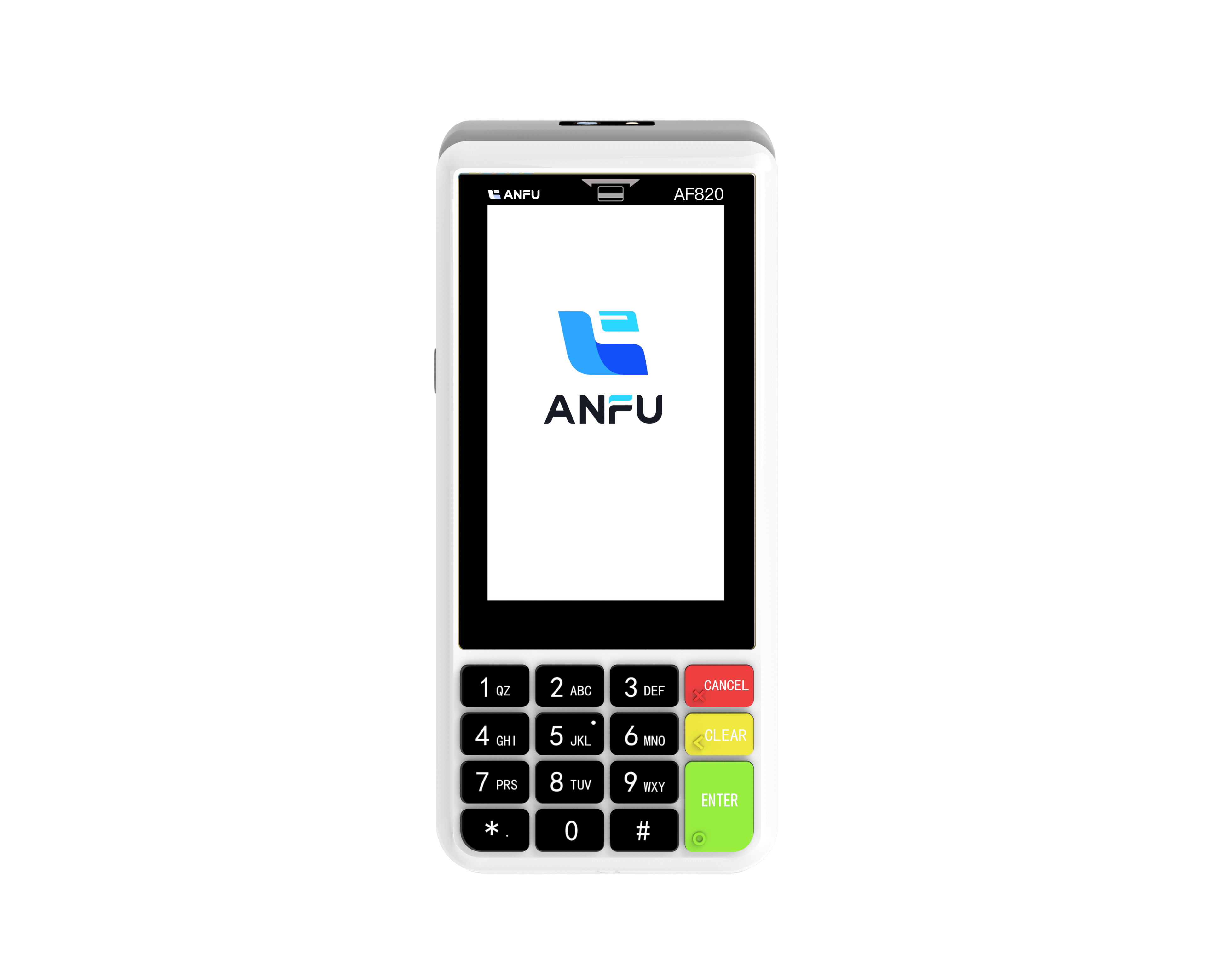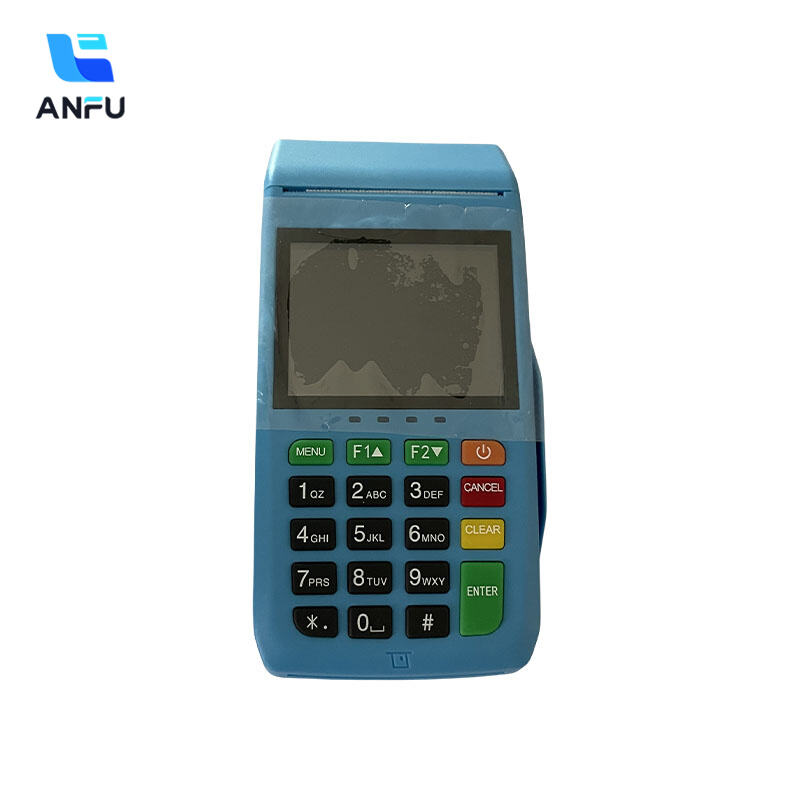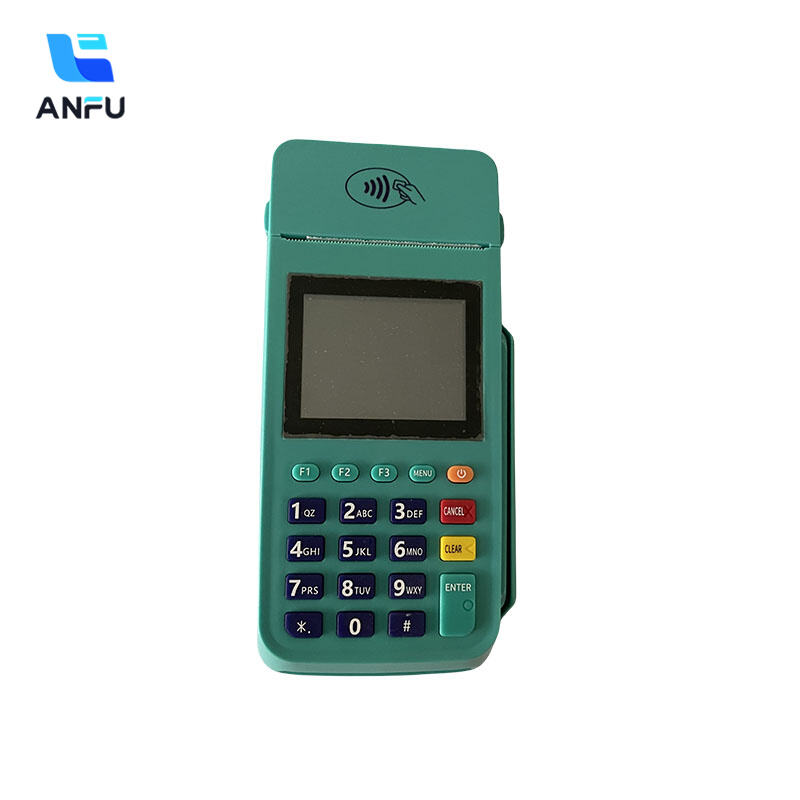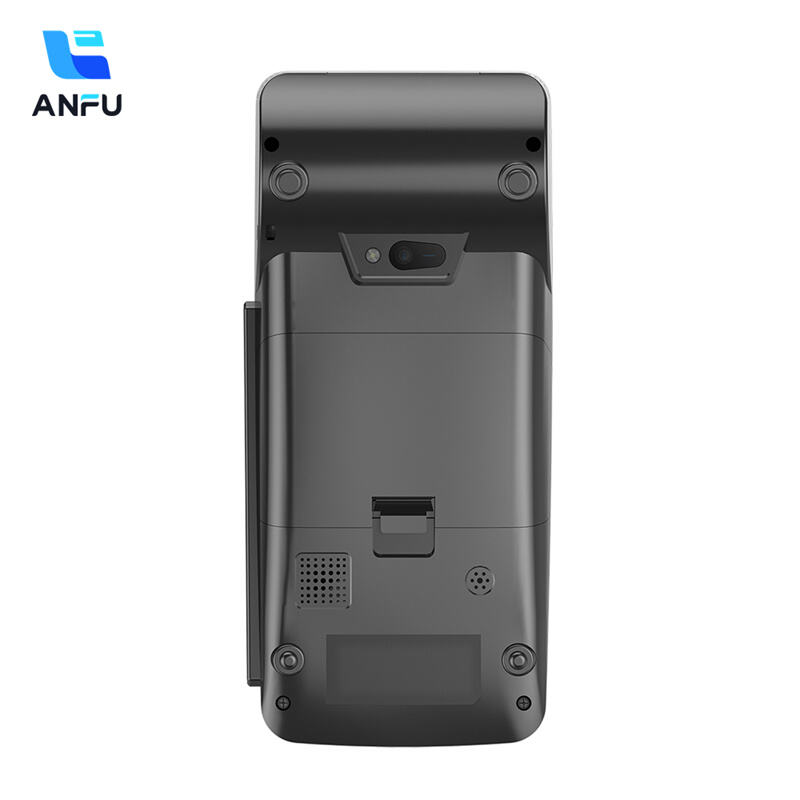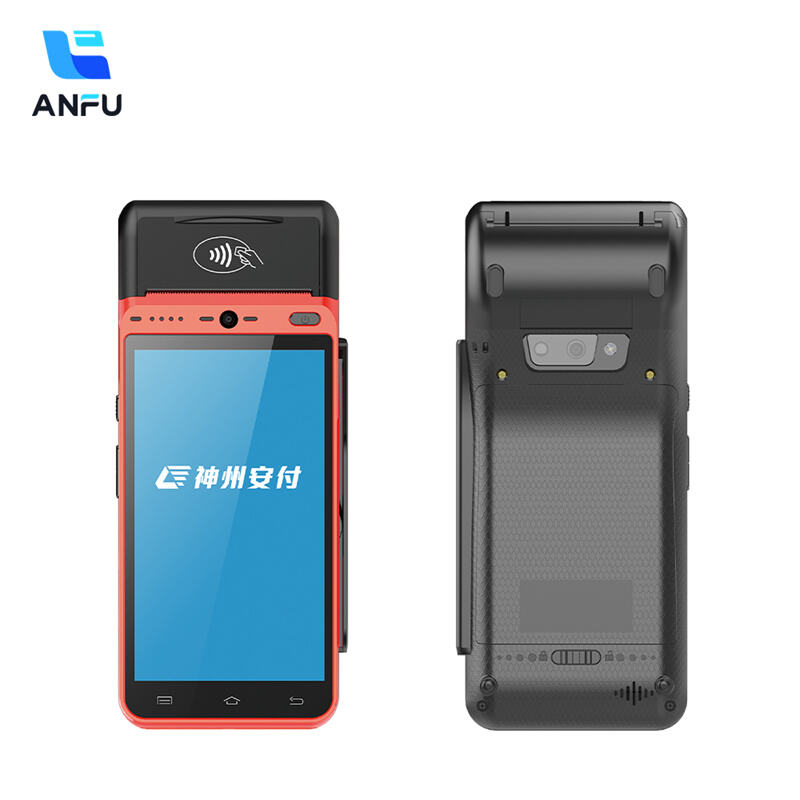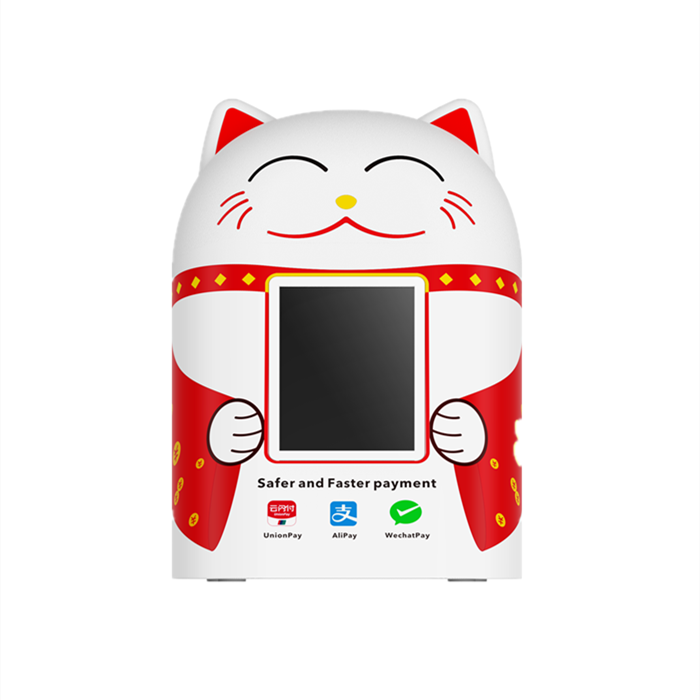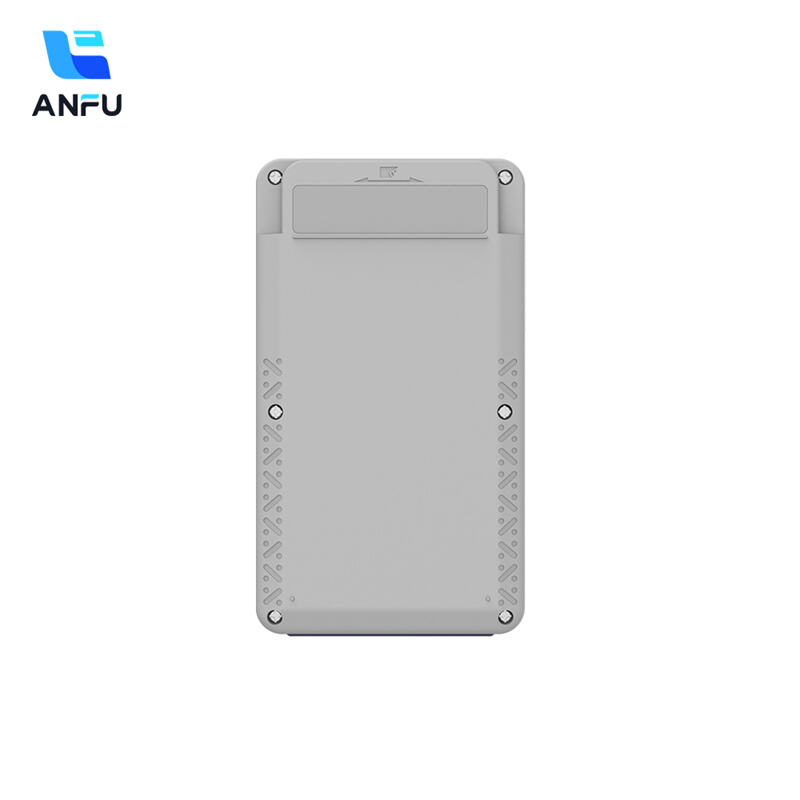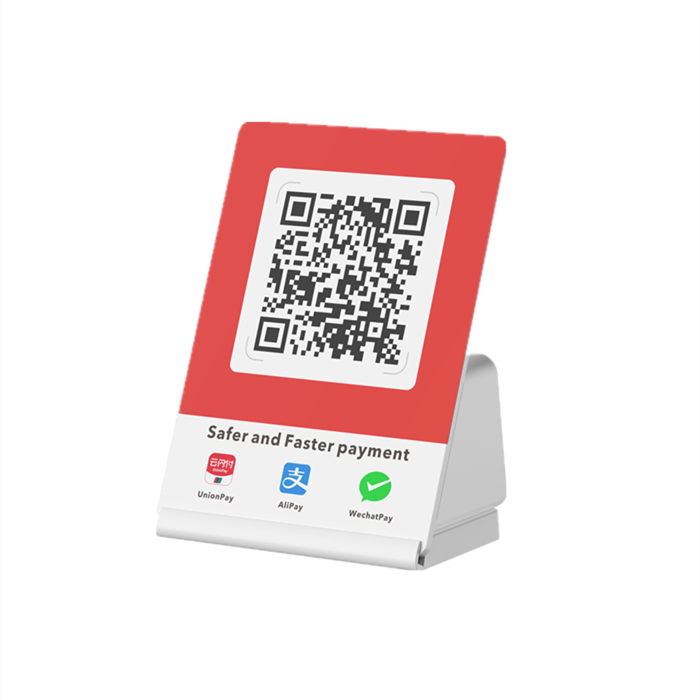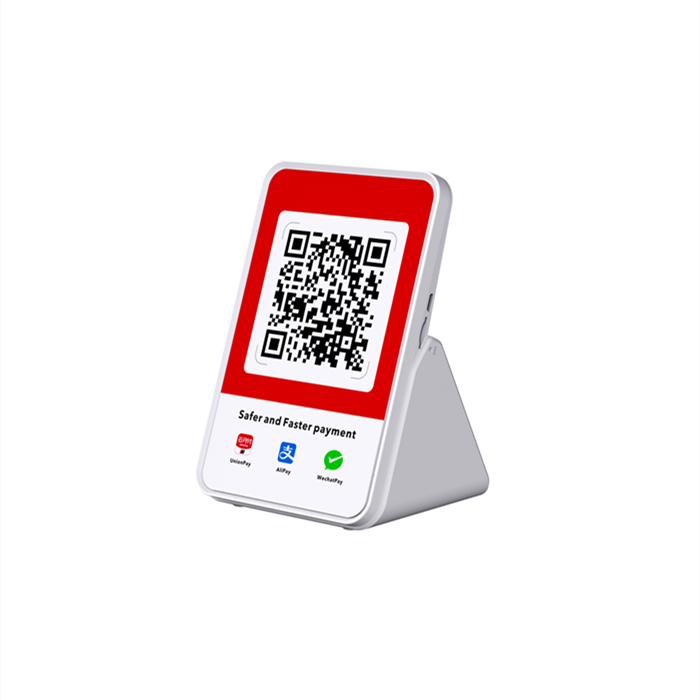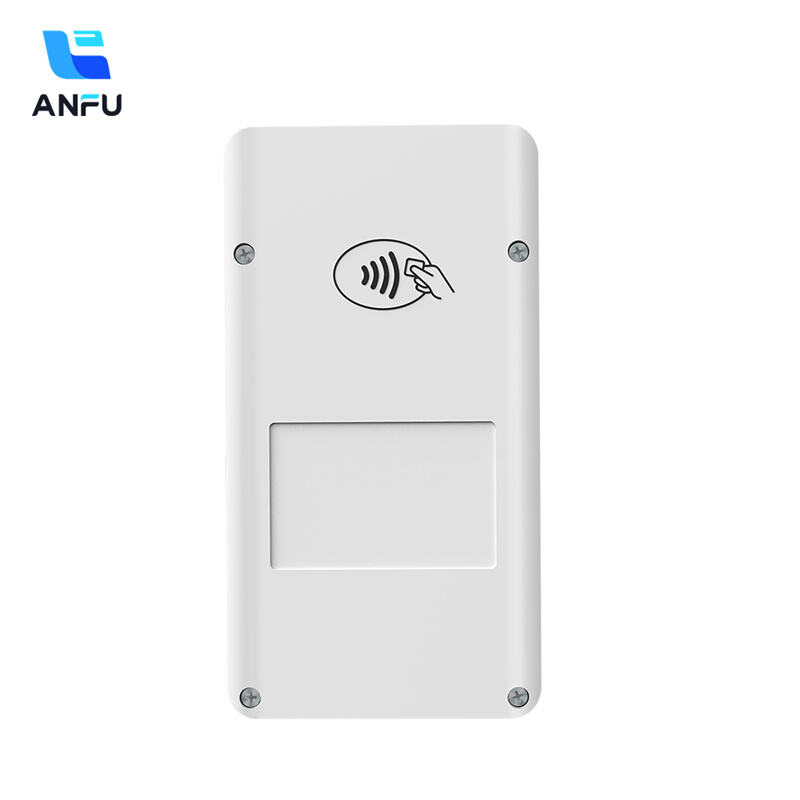Mini POS Solutions: Compact Power for Modern Retail Efficiency
Essential Features of Mini POS Solutions
Real-Time Inventory Tracking
Real-time inventory tracking is a crucial feature of mini POS solutions, allowing retailers to monitor stock levels instantaneously and reduce the risk of stockouts or overstock situations. This feature provides businesses with current data on inventory status, helping them set optimal reorder levels and make informed decisions to enhance supply chain efficiency. Studies indicate that businesses using real-time inventory tracking can increase their turnover rate by up to 30%, demonstrating its significant impact on operational success.
Flexible Payment Processing Options
Modern mini POS systems offer flexible payment processing options, accommodating various methods such as credit/debit cards, mobile wallets, and NFC payments. This versatility in payment methods enhances customer satisfaction by providing them the convenience and choice they seek during transactions. According to recent surveys, over 70% of consumers prefer shopping at retailers that accept a variety of payment methods. Therefore, integrating flexible payment solutions can drive higher sales and improve the overall shopping experience.
Mobile & Cloud-Based Accessibility
Mobile and cloud-based accessibility is another essential feature of mini POS solutions, enabling business owners to manage operations remotely and access sales data from anywhere. The integration of cloud storage ensures that data is backed up and accessible in real-time, supporting continuous business operations without interruptions. Research shows that businesses leveraging mobile POS technologies observe up to a 20% increase in productivity, underscoring the benefits of enhanced accessibility and data management for business growth.
Advantages of Compact POS Systems for Retailers
Space-Saving Design for Small Retail Environments
Compact POS systems are specifically engineered to occupy minimal space, which makes them particularly suitable for small retail shops or kiosks. This is crucial for businesses where real estate is at a premium, allowing retailers to maximize their store layout and improve the flow of customers. With an optimized layout, retailers can enhance the shopping experience and facilitate better customer service. According to market statistics, businesses that enhance their POS layout can enjoy a 15% increase in foot traffic, illustrating the impact of efficient space utilization.
Cost-Effective Implementation & Maintenance
One of the standout benefits of compact POS systems is their cost-effectiveness. These systems require a significantly lower initial investment compared to traditional POS setups, primarily because they demand less hardware. This reduction in hardware needs also translates into lower maintenance costs. With streamlined software updates, businesses can further cut down on expenses. Market analysts suggest that retailers who switch to compact POS systems can see a saving of up to 40% on implementation costs, making it an economically savvy choice for businesses looking to manage their finances wisely.
Scalability for Growing Businesses
Designed with scalability in mind, compact POS systems offer the flexibility to grow alongside a business. This allows for effortless addition of features and capabilities as the business expands, whether it involves opening new locations or expanding product lines. Scalability ensures that the POS system can accommodate these changes without needing extensive reconfigurations. According to research, 64% of small business owners consider scalability a crucial feature when choosing a POS system, underscoring its importance in supporting long-term business growth and adaptability to evolving market demands.
Choosing the Right Mini POS System
Assessing Business-Specific Needs
Choosing the right mini POS system involves evaluating specific business needs, which may vary significantly depending on transaction volume and the types of products sold. For example, a retail business might prioritize inventory management capabilities, whereas a hospitality business might require more sophisticated service options. Different sectors often have unique requirements, so it's important to select a system that meets these specific functionalities. Engaging in consultations with POS experts can provide tailored solutions, ensuring that the system chosen aligns well with the intended business model. This strategic selection ensures efficiency and flexibility in managing retail operations.
Integration with Existing Retail Ecosystems
An effective mini POS system should offer seamless integration with existing retail systems, such as inventory management and customer relationship management (CRM) software. This integration is crucial because it streamlines operations and reduces manual errors associated with data entry by enabling smooth communication across all systems. Efforts made by industry leaders suggest investing in POS solutions with robust API capabilities to accommodate future integrations. This foresight prepares businesses to adapt to evolving technological needs without significant disruptions, ensuring all components work in harmony towards unified retail management goals.
Implementation Strategies for Modern Retail Efficiency
Staff Training for Seamless Adoption
Effective staff training is crucial for smoothly implementing a new mini POS system in a retail environment. Employees need to be thoroughly acquainted with the system's functionalities to prevent disruptions in operations and maintain high levels of customer service. Data indicates that businesses equipped with comprehensive training programs experience a notable 60% reduction in operational errors. This underlines the importance of investing time and resources in training to ensure that staff can adeptly navigate the new system from day one.
Security Protocols for Transaction Safety
Security is a fundamental aspect of any POS system, requiring robust protocols to safeguard sensitive customer information. Implementing end-to-end encryption is essential to protect data during transactions, thereby minimizing the risk of breaches. Regular security audits can further enhance system integrity, identifying vulnerabilities before they are exploited. According to the Payment Card Industry Data Security Standard (PCI DSS), compliance can reduce the incidence of fraud by up to 50%. Meeting these standards is not only critical for customer trust but also for maintaining the operational resilience of the business.
Future Trends in Mini POS Technology
AI-Driven Inventory Predictions
AI technology is becoming a cornerstone in mini POS systems by providing advanced inventory predictions based on sales trends. These systems leverage historical data to refine stock orders, thus avoiding overstocking or shortages. Implementing AI-driven predictive analytics has proven effective, with reports indicating a 25% reduction in excess inventory costs for retailers. By harnessing AI, businesses can anticipate demand more accurately, enhancing their overall supply chain efficiency.
Contactless Payment Innovations
The demand for contactless payment options is surging, largely driven by technological advancements that enhance user convenience and transaction speed. Offering contactless payment capabilities not only meets customer preferences but also expedites the checkout process, leading to increased customer satisfaction and efficiency. Market analysis forecasts that contactless transactions will surpass the $1 trillion mark in the forthcoming years, underscoring the significance of this payment innovation in shaping the future of retail.
IoT Integration for Smart Retail
The integration of Internet of Things (IoT) technology with mini POS systems is dramatically transforming the retail sector. IoT facilitates real-time data exchange across various devices, boosting both customer engagement and back-end operations. According to research from top technology firms, IoT-driven retail automation is expected to grow by 40% by 2025. This confluence of IoT and POS systems is revolutionizing customer experiences and streamlining business operations, making smart retail more accessible than ever before.
Recommended Products
Hot News
-
Smart Card 2019
2024-01-23
-
Trustech 2019
2024-01-12
-
Futurecom 2019
2024-01-12
-
Seamless Payments Asia 2020
2024-01-12
-
Seamless Middle East 2022
2024-01-12

 EN
EN
 AR
AR
 BG
BG
 CS
CS
 DA
DA
 NL
NL
 FR
FR
 IT
IT
 JA
JA
 KO
KO
 PL
PL
 PT
PT
 RU
RU
 ES
ES
 TL
TL
 ID
ID
 LT
LT
 UK
UK
 VI
VI
 HU
HU
 MT
MT
 TH
TH
 TR
TR
 FA
FA
 AF
AF
 MS
MS
 MK
MK
 HY
HY
 AZ
AZ
 KA
KA
 BN
BN
 BS
BS
 LO
LO
 MN
MN
 NE
NE
 ZU
ZU
 MY
MY
 KK
KK
 UZ
UZ
 KY
KY
